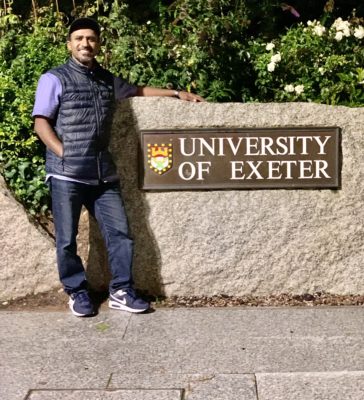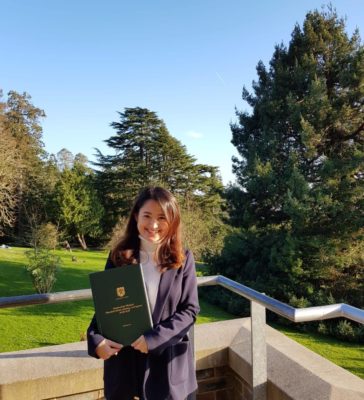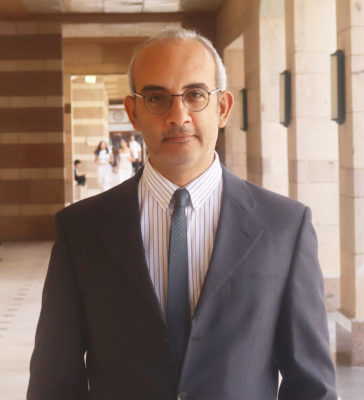
Mohammed F. Asiri
Current Employer/Organisation Name
King AbdulAziz University
What have you been doing since leaving Exeter, and what are you doing now?
Teaching at the university. Conducting separate related projects.
Why did you choose this career? And what do you enjoy most about your work?
I have skills in dealing with information and delivering it. I, also, like to apply my theories in real life.
Please tell us if you were a member of any societies, groups or sports clubs?
Saudi club and Chess club.
What did you enjoy most about studying here?
Student help and great assistance.
Why did you choose to study at Exeter?
Because I met all the admission requirements.
What skills and experiences have been most useful for your career?
Research skills, widening my experience with people from all over Europe and the Middle Eastern.
What advice would you give to a current student who wishes to pursue your career?
Do not miss any services that the university offers. You are in the power so make your voice to be heard.
What are your plans for the future?
Promotion in the academic research field and build up my financial stability.

